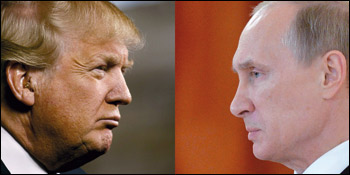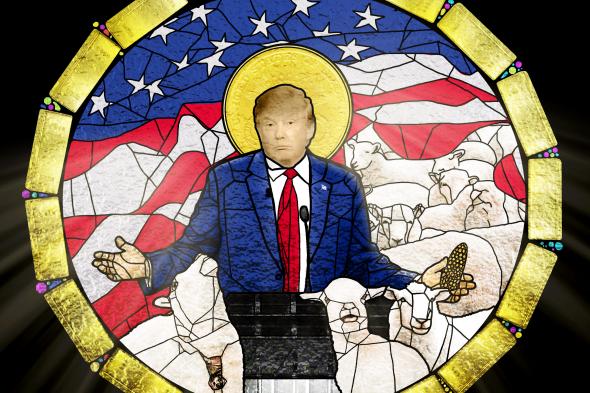US Refuses To Grant China Market Economy Status: A G2 Trade War Begins
U.S. pressure on China is no surprise, and the pressure is highly likely to escalate since U.S. President-elect Donald Trump has already defined China as a “U.S. enemy” that deprives the U.S. of jobs, and he has vowed to initiate tough measures. Specific action plans to toughen trade defenses against China – such as labeling the country as a currency manipulator, accusing Beijing of providing illegal subsidies and regulating IP infringements – have been drawn up. It is also possible the new U.S. administration will either slap a 45 percent tariff on Chinese steel and other goods under Section 201 and Section 301 of the Trade Act of 1974 or use an administrative tool to put a cap on the number of Chinese goods that can be imported.
China will not just stand by. The country has already set up a strategy to counter high retaliatory U.S. tariffs on Chinese imports by challenging them at the WTO. Beijing has also prepared a counterattack: It has warned the U.S. that its Boeing orders will be replaced with Airbus aircrafts and that sales of U.S. automobiles and iPhones will face difficulties if Washington advances trade defenses against China. It has also threatened the U.S. that it may cease to import U.S. soybean and maize. This is why concerns over a potential full-scale trade war between the two countries continue to grow.
What matters most is that South Korea’s economy will be at stake. If Chinese exports to the U.S. decline as a result of conflicts between the two economies, it is highly likely that Korean companies that export intermediate goods to China and those that operate in China will be severely affected. In addition, we cannot rule out a scenario in which the U.S. labels China as a currency manipulator and puts South Korea on a currency watch list as well to avoid the criticism that the former is targeted in retaliation. Should a trade war emerge between Washington D.C. and Beijing, there is no way the South Korean economy – which is already suffering from sluggish domestic demand, an export slump and a political scandal linking South Korean President Park Geun-hye to Choi Soon-sil, the daughter of a charismatic cult leader – could benefit. Therefore, it is necessary to monitor the U.S.-China relationship more closely and make a preemptive move. Now we have another reason to urgently restructure the key state agency charged with South Korean economy and commerce.


